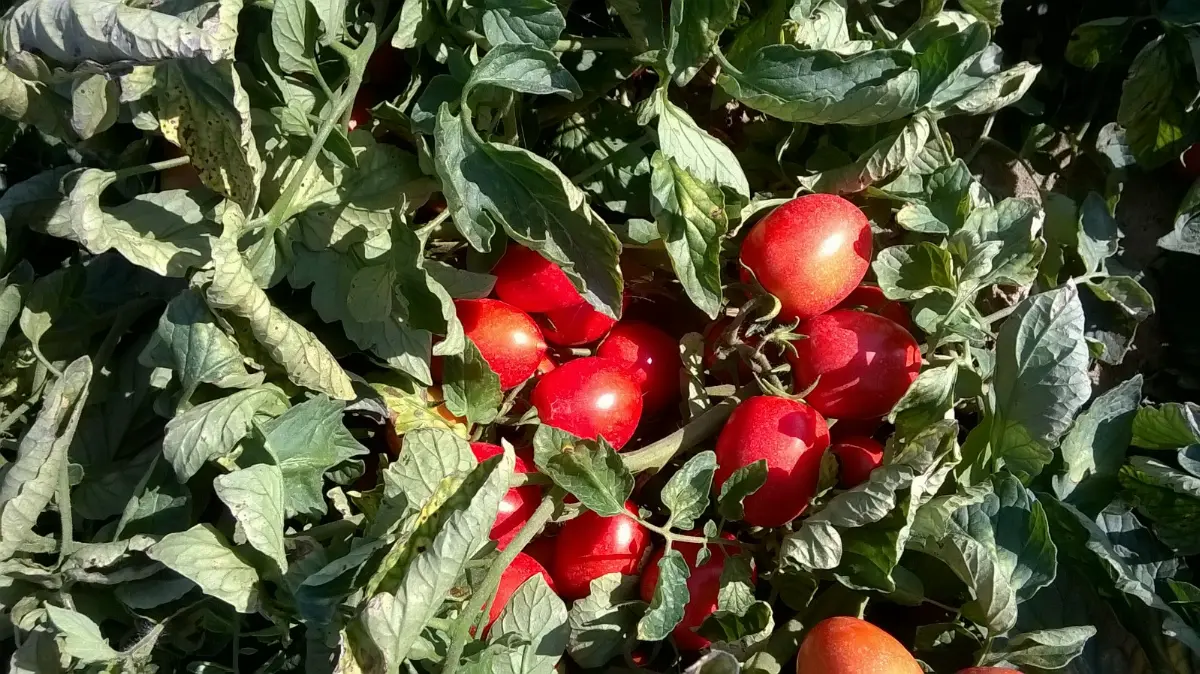
Do you want to access to this and other private contents?
Log in if you are a subscriber or click here to request service
The tomato of the future: good, resistant and with an Emilia Romagna heart
Conserve Italia takes part in Va.Po.Re. to create a healthy and perfect product to be transformed

Creating the industrial tomato of the future: which is of high quality and resistant to diseases, which can be grown with less use of pesticides or pesticides, proving sustainable for the environment, for the territory and for the producing companies. This is the challenge taken up by the Va.Po.Re. "Evaluation, dissemination and introduction of new tomato varieties resistant to mildew and alternaria...
hef - 23640
EFA News - European Food Agency
EFA News - European Food Agency